Step-by-Step Guide to Study in Canada: Everything You Need to Know

Canada is one of the favorite destinations for foreign students because of its better education system, multi-cultural society, and post-study work and immigration opportunities. Each year, many students from all over the world prefer to study in Canada. If you are planning to study in Canada, this blog will take you through the step-by-step process, from admission requirements to visa applications, scholarships, and funding.
Benefits of Learning in Canada
1. World-Class Education System
Canada has the best universities and colleges in the world that offer diversity in programs. Some of the best Canadian Universities in the world include the University of Toronto, McGill University, and the University of British Columbia. Canadian university degrees are much sought after and renowned worldwide.
2. Affordable Education with Scholarships
Although Canada provides quality education, its fees are relatively lower than in the United States, United Kingdom, and Australia. In addition, there are several scholarships for Indian students in Canada, which decrease the cost burden. Some universities also provide scholarships to deserving foreign students.
3. Student Employment Opportunities
International students in Canada are permitted to work part-time (20 hours a week) during school terms and full-time during scheduled holidays. This helps students earn work experience while keeping their expenses in check.
4. Post-Graduation Work Permit
Canada offers a Post-Graduation Work Permit (PGWP) under which the students can stay in the country and find employment once they've completed school. The process is likely to grant students permanent residence (PR) for immigration categories like Express Entry and Provincial Nominee Programs (PNPs).
Step-by-Step Guide to Studying in Canada
Understanding Admission Requirements
Before making an application, ensure that you verify international students' requirements to study in Canada. Each institution and program has different specifications but some of the general requirements include:
-
Academic Transcripts: High school or past university certificates and marksheets.
-
English Language Proficiency Tests: IELTS, TOEFL, or PTE scores. Duolingo English Test may be accepted by some universities.
-
Statement of Purpose (SOP): A good essay stating your academic aspirations and why you chose Canada.
-
Letters of Recommendation (LORs): Typically needed for postgraduate studies.
-
Updated Resume (CV): A resume outlining your education and work history may be required by some programs.
-
Valid Passport: See that your passport is valid until the end of your studies in Canada.
If you're thinking about applying to high school in Canada for overseas students, the requirements are also similar, but young students may require a host family or guardian provision in Canada.
2. Application Process
Step 1: Research Universities and Programs
Research different universities and programs before applying, based on your career. Some of the top study courses in Canada are:
-
Business Administration, Finance, and Economics
-
Engineering (Mechanical, Civil, Computer, Electrical)
-
Healthcare and Nursing
-
Data Science, Artificial Intelligence, and IT
-
Hospitality and Tourism Management
-
Media and Communication Studies
Choose colleges that align with your interests and budget. Public institutions tend to provide lower tuition than private colleges.
Step 2: Prepare for Entrance Tests
A few courses may also ask for standardized test scores such as GRE, GMAT, MCAT, or LSAT along with English language proficiency tests.
Step 3: Send Applications
After shortlisting universities, submit applications using their official websites. Some provinces employ centralized application centers like the Ontario University’s Application Centre (OUAC).
-
Pay application fees (non-refundable; usually CAD 50–150 per university).
-
Submit all documents as required before deadlines.
-
Monitor application status from time to time.
3. Winning Scholarships and Financial Aid
If you’re concerned about the cost of studying in Canada, applying for scholarships can help reduce expenses. Some of the important scholarships for Indian students in Canada are:
-
Ontario Graduate Scholarship (OGS)
-
Vanier Canada Graduate Scholarships
-
Lester B. Pearson International Scholarship
-
University-specific scholarships (e.g., McGill, UBC, University of Toronto)
Tips to Secure Scholarships
-
Apply as early as possible—deadlines are at times months earlier.
-
Maintain good academic records.
-
Have a good Statement of Purpose (SOP) reporting your achievements and career aspirations.
-
Verify eligibility conditions for each scholarship and adhere to application procedures.
4. Obtaining a Study Permit (Canada Study Visa Requirements)
After getting your Letter of Acceptance, you must apply for a study permit. The process steps are:
-
Designated Learning Institution (DLI) Letter of Acceptance.
-
Financial support documentation (bank statements, GIC, or sponsorship).
-
Medical checkup and biometrics (if necessary).
-
Statement of Purpose (SOP) detailing your study plans.
-
Visa application via IRCC (Immigration, Refugees, and Citizenship Canada).
-
Apply 3-6 months in advance to avoid delays.
Additional Guidance on Studying in Canada
1. Preparing to Leave
Before you travel to Canada, you must:
-
Find accommodation (off-campus, on-campus, or homestay).
-
Obtain health insurance (optional in most provinces).
-
Buy flights and plan airport pickup.
2. Highest Courses to Pursue in Canada
Choosing high-demand programs makes employment easier and increases eligibility for Post-Graduation Work Permits (PGWP). High-demand programs are:
-
Data Science and Artificial Intelligence
-
Cybersecurity and Information Technology
-
Nursing and Healthcare Management
-
Environmental Science and Renewable Energy
-
Hotel and Tourism Management
Best Study Abroad Consultancy in Kerala
Neethu's Academy is the best study abroad consultancy in Kerala that assists students in fulfilling their dream of studying in Canada and other leading destinations. With expert counselors and a high success rate, Neethu's makes the process easier.
Why Choose Neethu's Academy?
University & Course Selection: One-to-one advice to fit with your study goals.
Application & Admission Support: SOP support, documentation, and university admissions.
Scholarship & Financial Aid Support: Financial aid and scholarship guidance for Indians in Canada.
Visa & Immigration Assistance: Professional assistance with Canada study visa requirements.
Pre-Departure & Post-Arrival Support: Accommodation, travel, and settling-in assistance.
Conclusion
Canada is a great place to study abroad, with world-class education, research work, and an excellent quality of life. If you stick to this step-by-step guide on how to study in Canada, you can navigate the admission process, fund your studies, and acquire a study permit easily.
Begin your study abroad journey today by researching universities, getting your applications ready, and applying for scholarships. With the right mindset and preparation, your dream of studying in Canada can be a reality!
Frequently Asked Questions
How to study in Canada?
To study in Canada, select a course and university, ensure admission requirements, apply for admission, get funding or scholarships, receive a study permit, and prepare for departure.
What are the steps of education in Canada?
The Canadian education system consists of primary (grades 1–6), secondary (grades 7–12), post-secondary (universities and colleges), and graduate studies (master's and PhD).
What are the requirements for studying in Canada?
The requirements include an acceptance letter from a valid institution, evidence of financial support, English or French proficiency (IELTS/TOEFL), a valid passport, and a study permit.
What are the prerequisites to study IT in Canada?
To study IT in Canada, you require a high school diploma (for undergraduate studies) or a bachelor's degree (for master's studies), English proficiency (IELTS/TOEFL), and technical skills or experience relevant to the field.






















_03-12-2025_01-17-26%20PM.webp&w=3840&q=75)
_02-12-2025_03-07-49%20PM.webp&w=3840&q=75)

_27-11-2025_04-06-24%20PM.webp&w=3840&q=75)
_25-11-2025_04-38-18%20PM.webp&w=3840&q=75)
_24-11-2025_03-20-26%20PM.webp&w=3840&q=75)
_22-11-2025_12-44-47%20PM.webp&w=3840&q=75)
_21-11-2025_04-17-47%20PM.webp&w=3840&q=75)
_20-11-2025_03-55-26%20PM.webp&w=3840&q=75)
_18-11-2025_04-00-40%20PM.webp&w=3840&q=75)
_15-11-2025_10-48-43%20AM.webp&w=3840&q=75)
%20(1)_14-11-2025_03-52-25%20PM.webp&w=3840&q=75)
_13-11-2025_03-02-38%20PM.webp&w=3840&q=75)
_08-11-2025_04-15-36%20PM.webp&w=3840&q=75)
_05-11-2025_04-01-50%20PM.webp&w=3840&q=75)
_05-11-2025_03-46-26%20PM.webp&w=3840&q=75)
_03-11-2025_03-31-09%20PM.webp&w=3840&q=75)
_04-11-2025_.webp&w=3840&q=75)
_04-11-2025_.webp&w=3840&q=75)
_28-10-2025_04-09-08%20PM.webp&w=3840&q=75)
_24-10-2025_05-10-31%20PM.webp&w=3840&q=75)
_24-10-2025_04-55-51%20PM.webp&w=3840&q=75)
_22-10-2025_04-40-20%20PM.webp&w=3840&q=75)
%20(1)_21-10-2025_03-05-46%20PM.webp&w=3840&q=75)
_21-10-2025_02-43-15%20PM.webp&w=3840&q=75)
_17-10-2025_05-08-52%20PM.webp&w=3840&q=75)
_17-10-2025_04-54-54%20PM.webp&w=3840&q=75)
_15-10-2025_03-46-47%20PM.webp&w=3840&q=75)
_14-10-2025_03-42-40%20PM.webp&w=3840&q=75)
_14-10-2025_03-29-48%20PM.webp&w=3840&q=75)
_13-10-2025_03-48-51%20PM.webp&w=3840&q=75)
_11-10-2025_04-28-42%20PM.webp&w=3840&q=75)
%20(1)_09-10-2025_04-12-08%20PM.webp&w=3840&q=75)
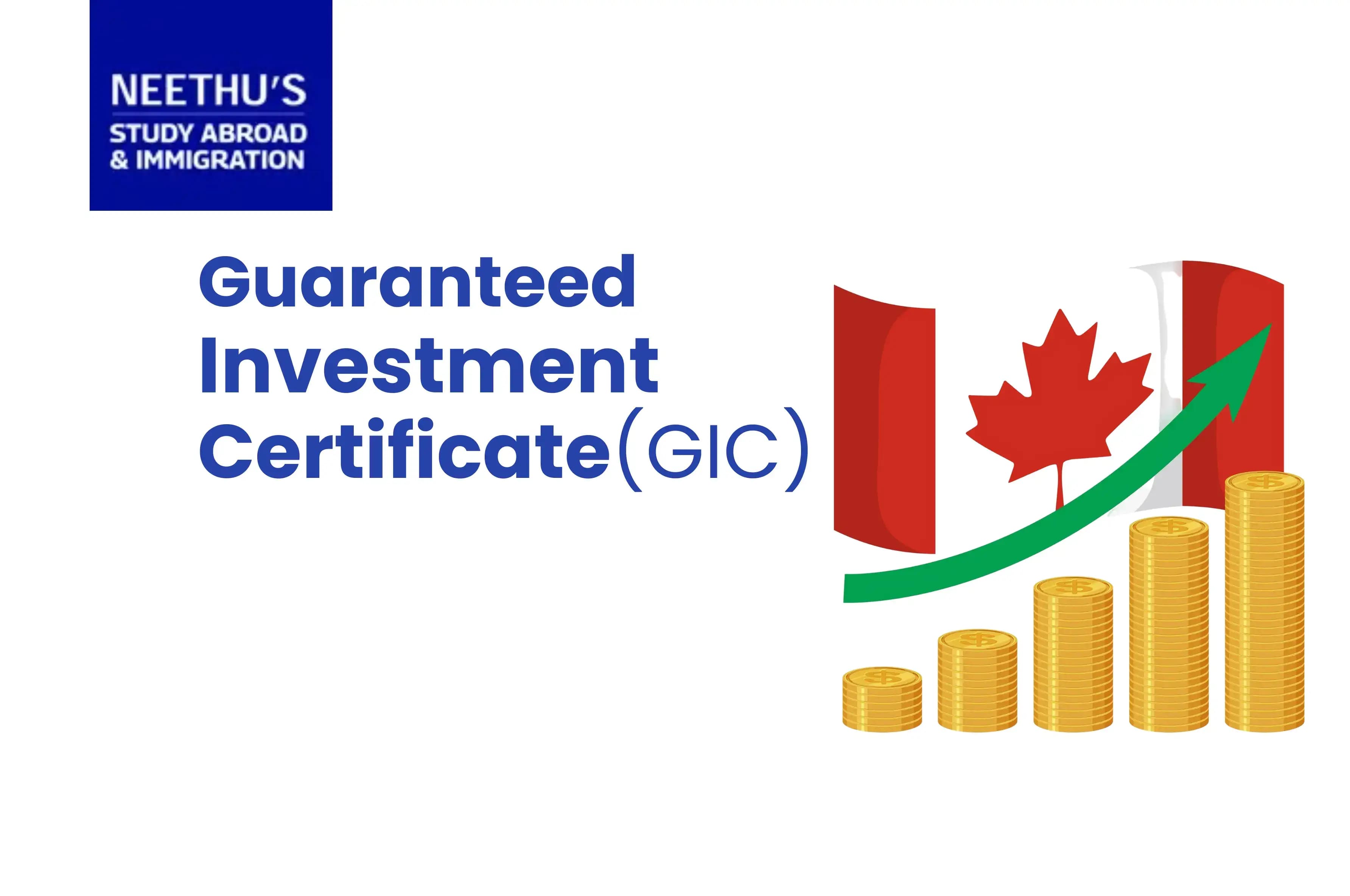
_07-10-2025_02-55-25%20PM.webp&w=3840&q=75)
_07-10-2025_02-39-51%20PM.webp&w=3840&q=75)
_06-10-2025_03-42-37%20PM.webp&w=3840&q=75)
_03-10-2025_04-42-59%20PM.webp&w=3840&q=75)
_01-10-2025_11-12-12%20AM.webp&w=3840&q=75)
%20(1)_29-09-2025_02-54-12%20PM.webp&w=3840&q=75)
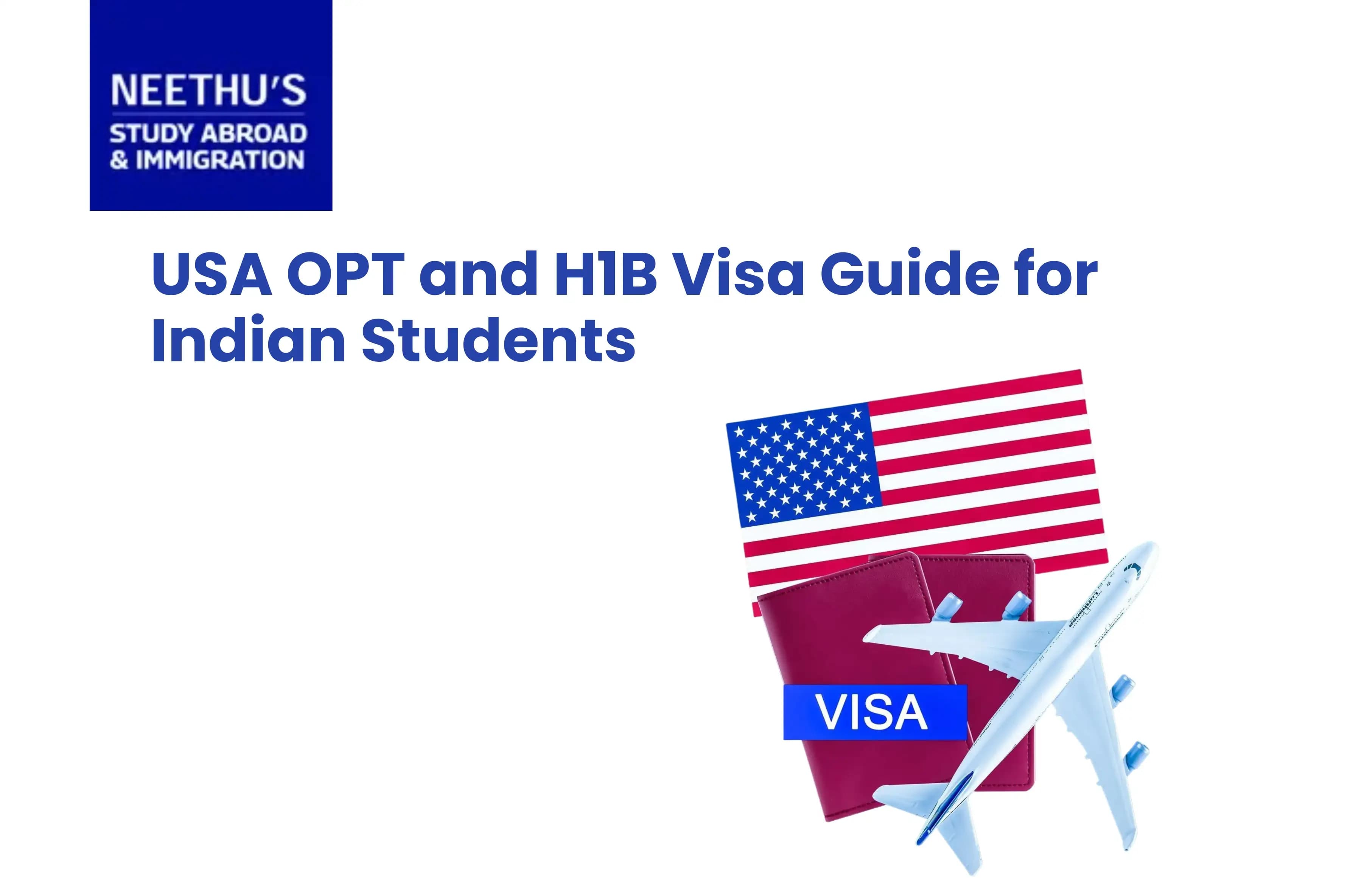
_26-09-2025_12-14-18%20PM.webp&w=3840&q=75)
_24-09-2025_04-44-26%20PM.webp&w=3840&q=75)
_23-09-2025_04-14-36%20PM.webp&w=3840&q=75)
_22-09-2025_04-08-09%20PM.webp&w=3840&q=75)
_20-09-2025_03-26-03%20PM.webp&w=3840&q=75)
_17-09-2025_04-06-42%20PM.webp&w=3840&q=75)
_15-09-2025_04-43-43%20PM.webp&w=3840&q=75)
_13-09-2025_12-17-49%20PM.webp&w=3840&q=75)
_12-09-2025_04-31-36%20PM.webp&w=3840&q=75)
_12-09-2025_04-17-03%20PM.webp&w=3840&q=75)
_10-09-2025_03-59-59%20PM.webp&w=3840&q=75)
_09-09-2025_04-11-16%20PM.webp&w=3840&q=75)
_09-09-2025_03-53-52%20PM.webp&w=3840&q=75)
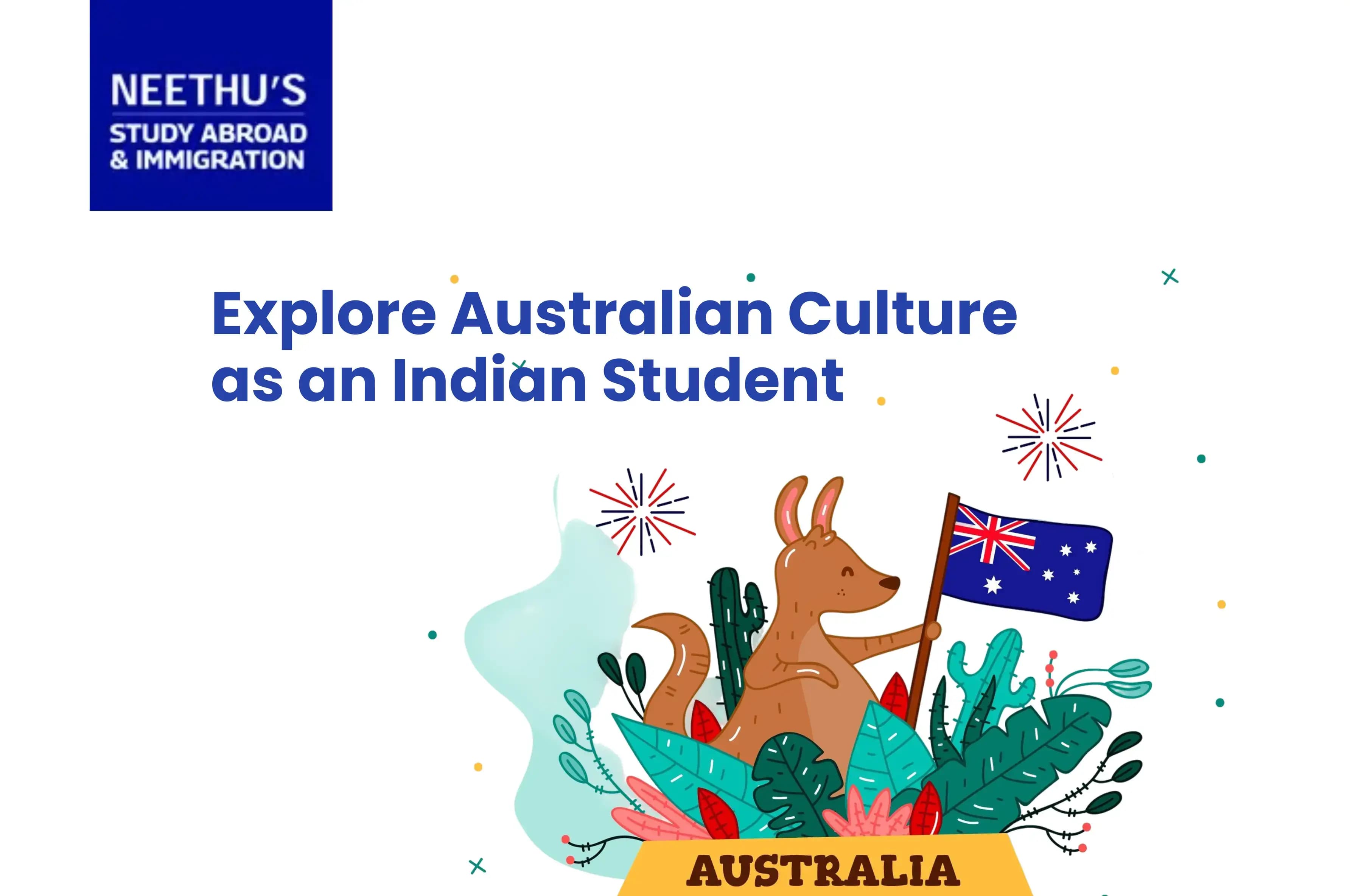

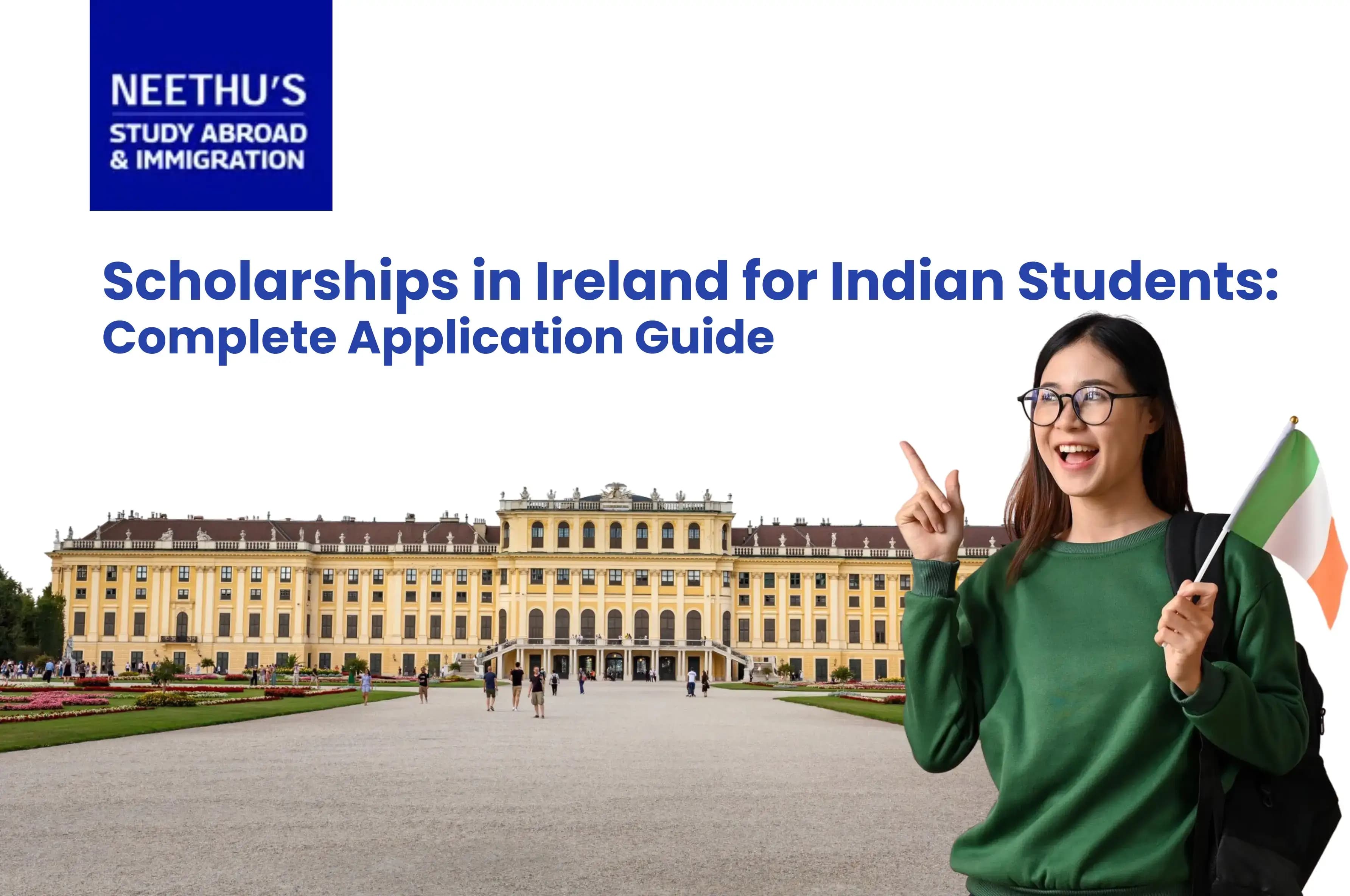


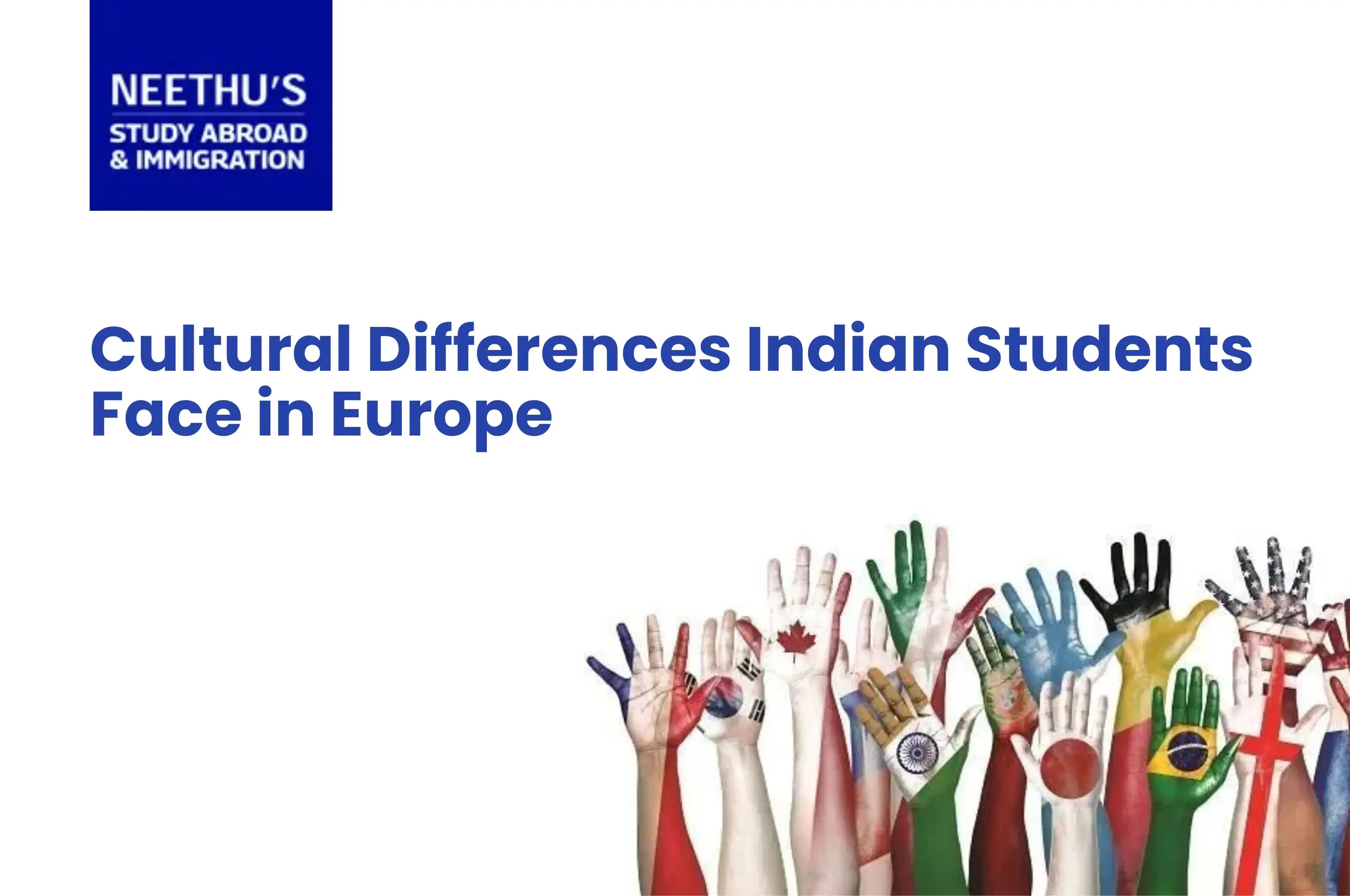





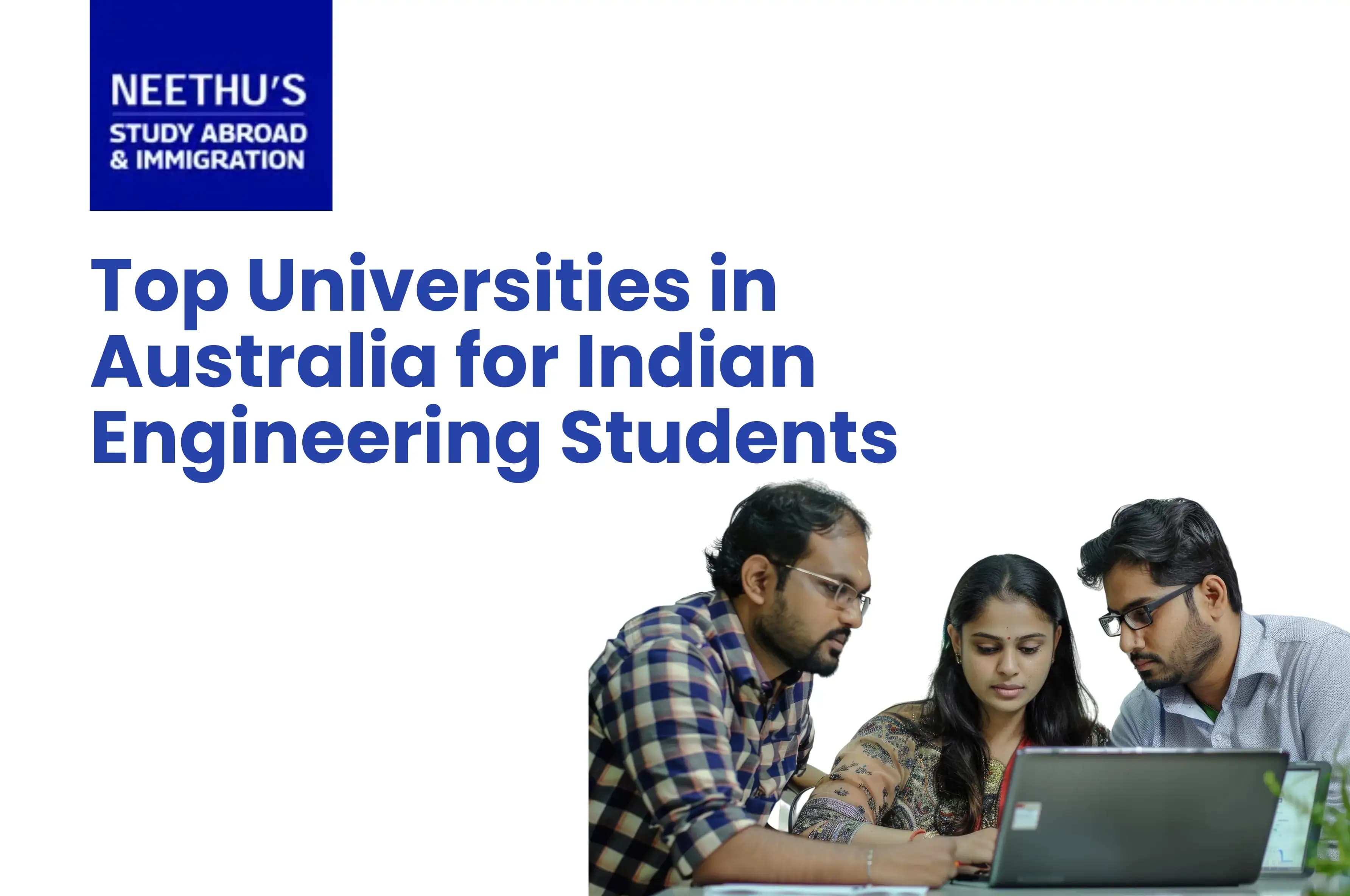




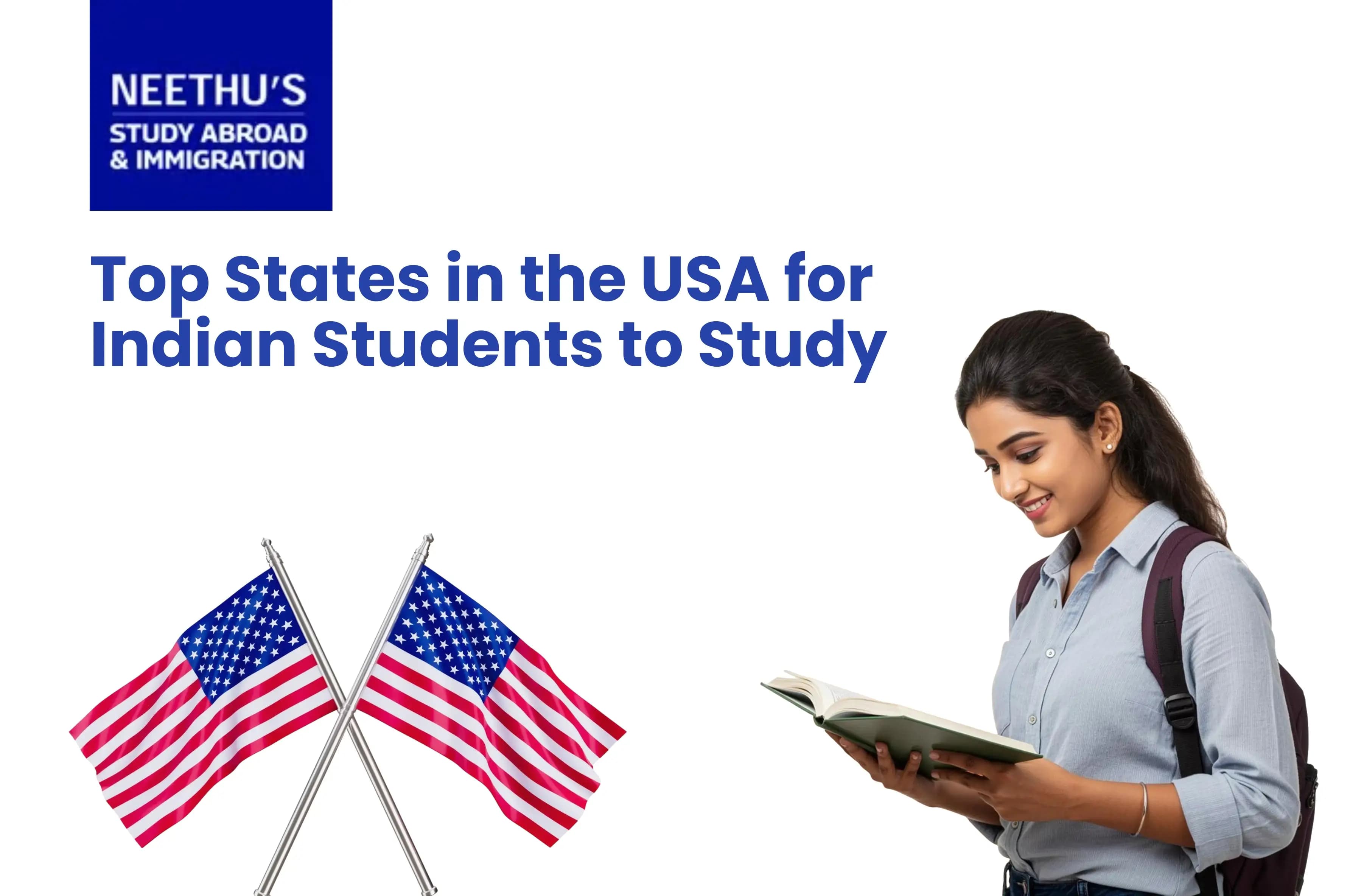


























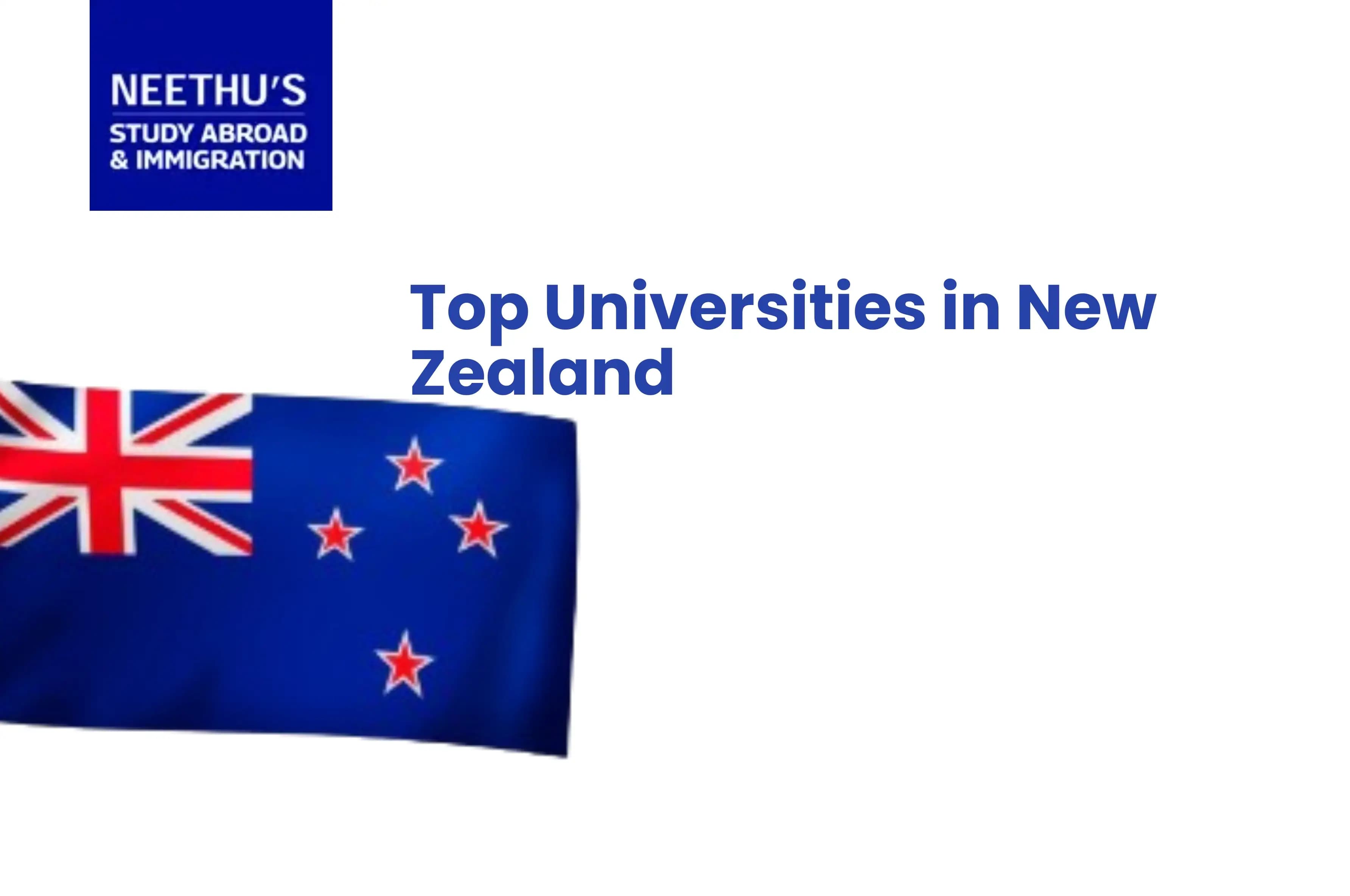
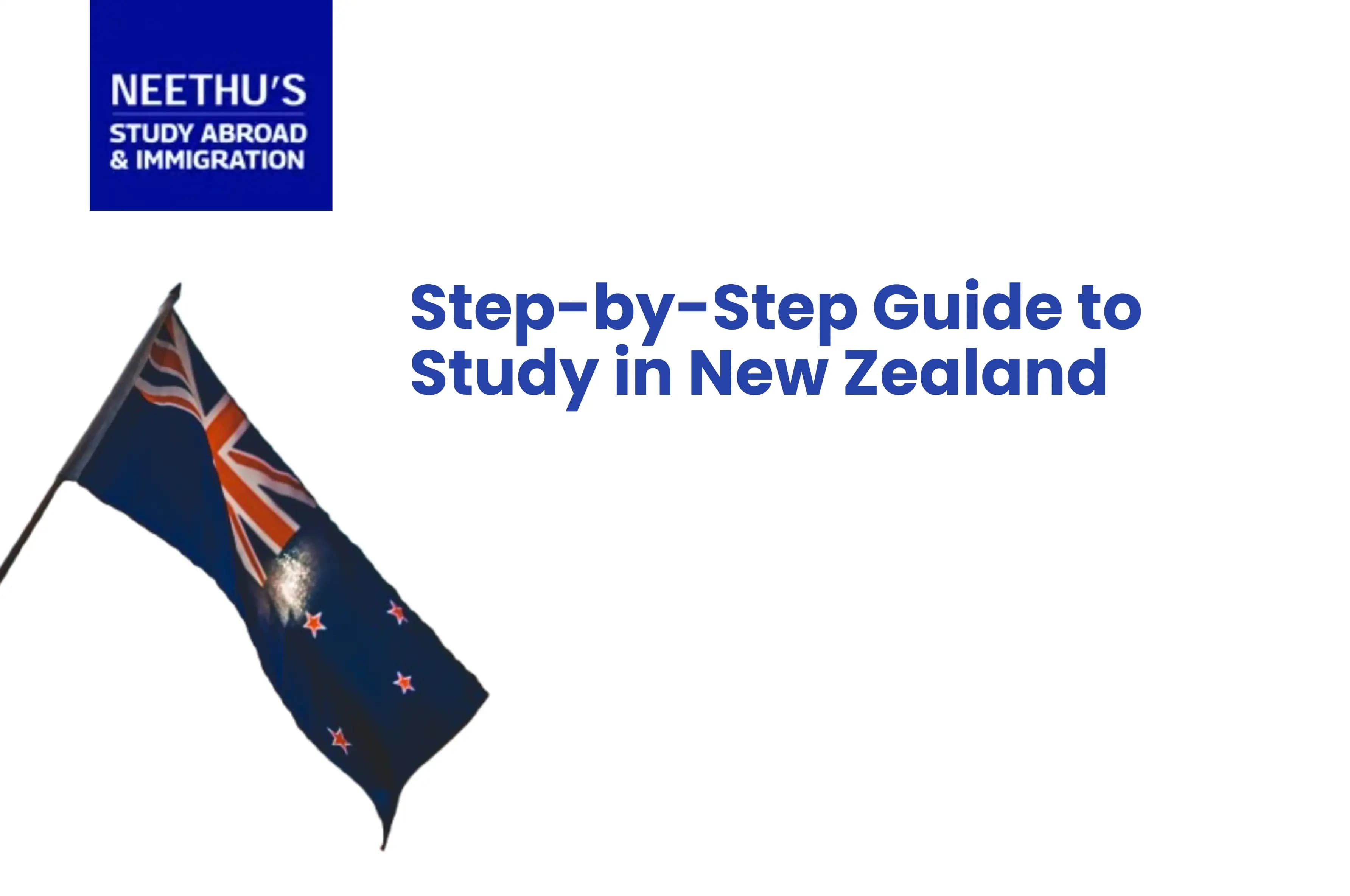
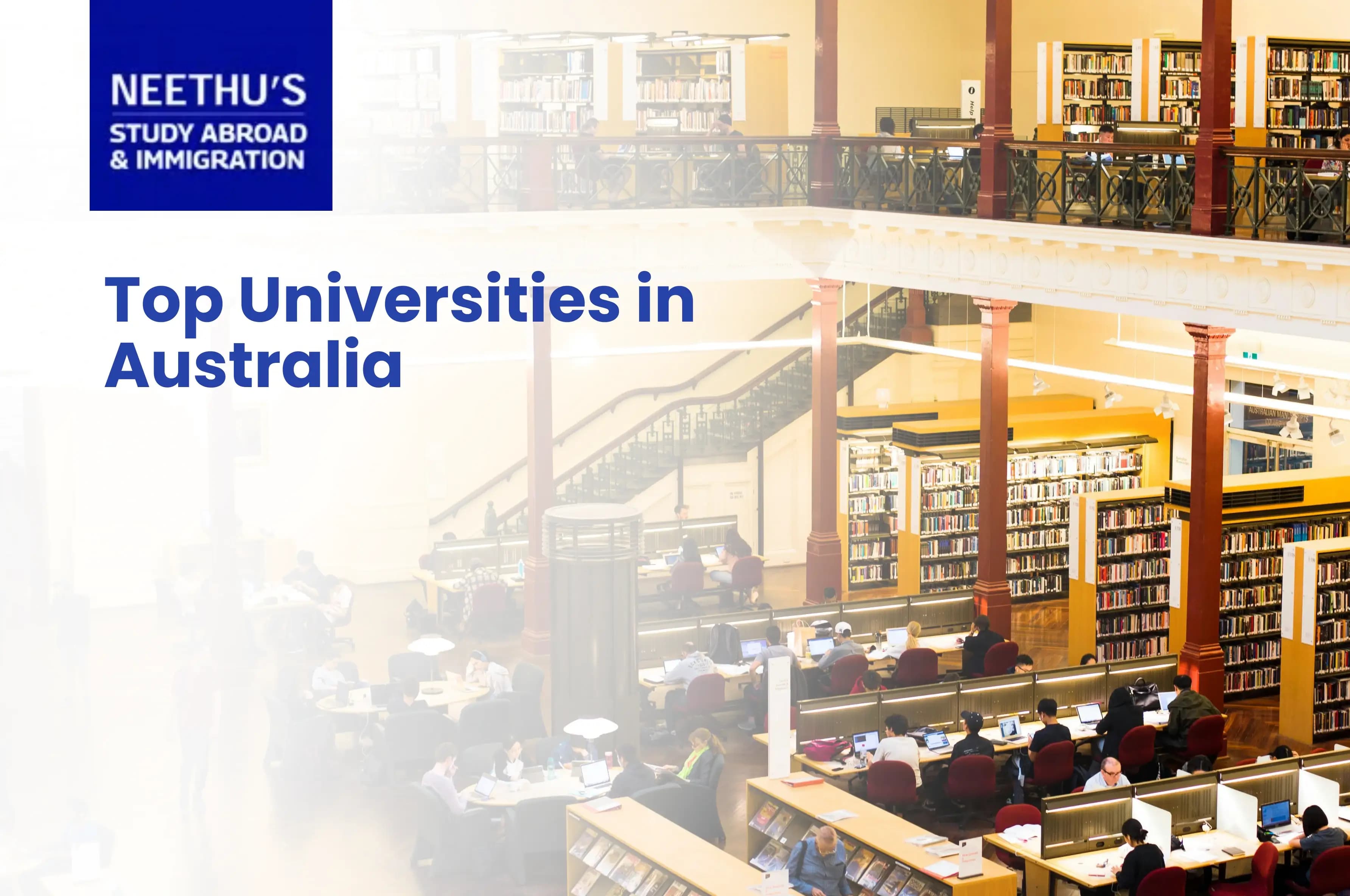
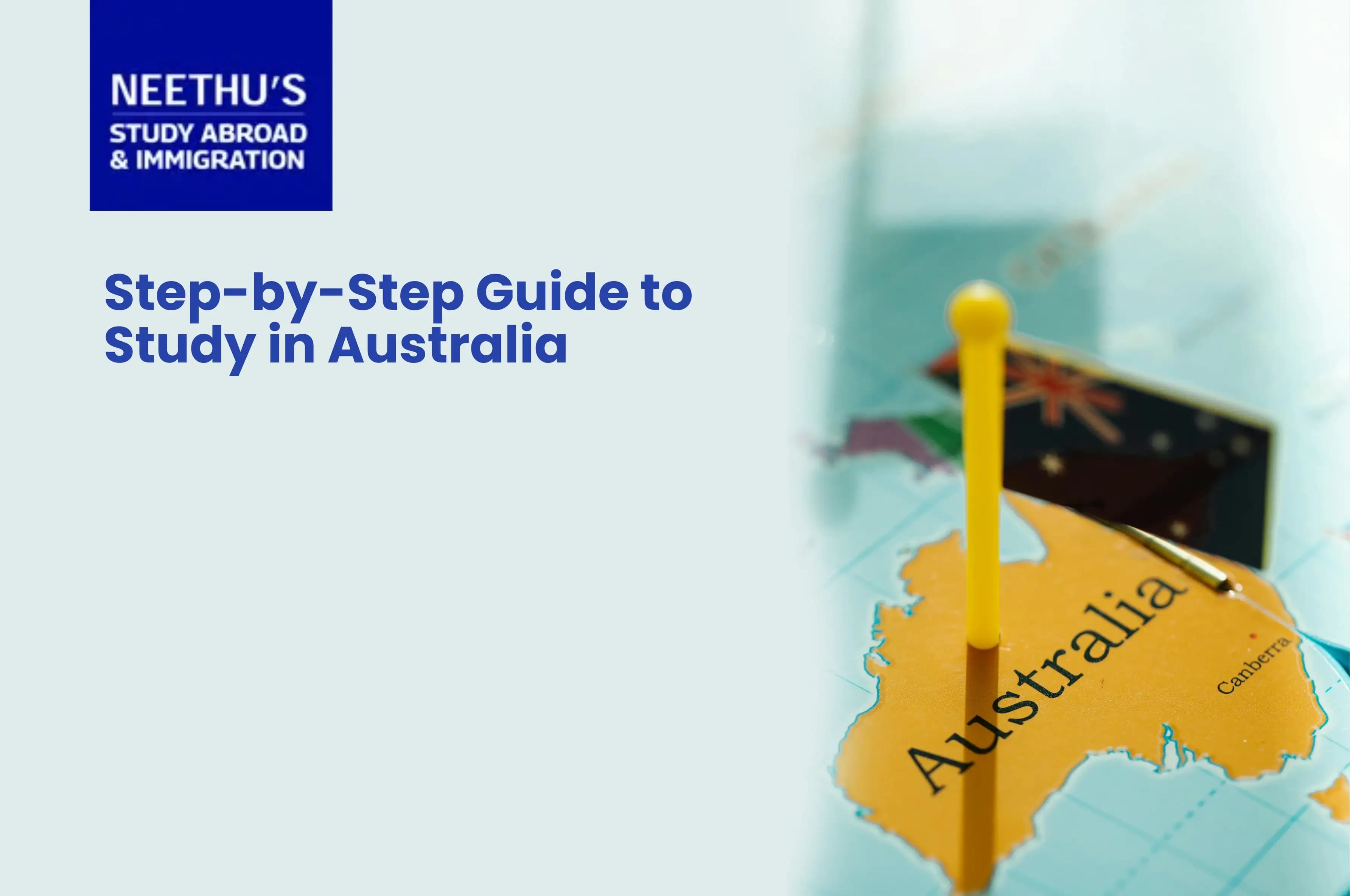

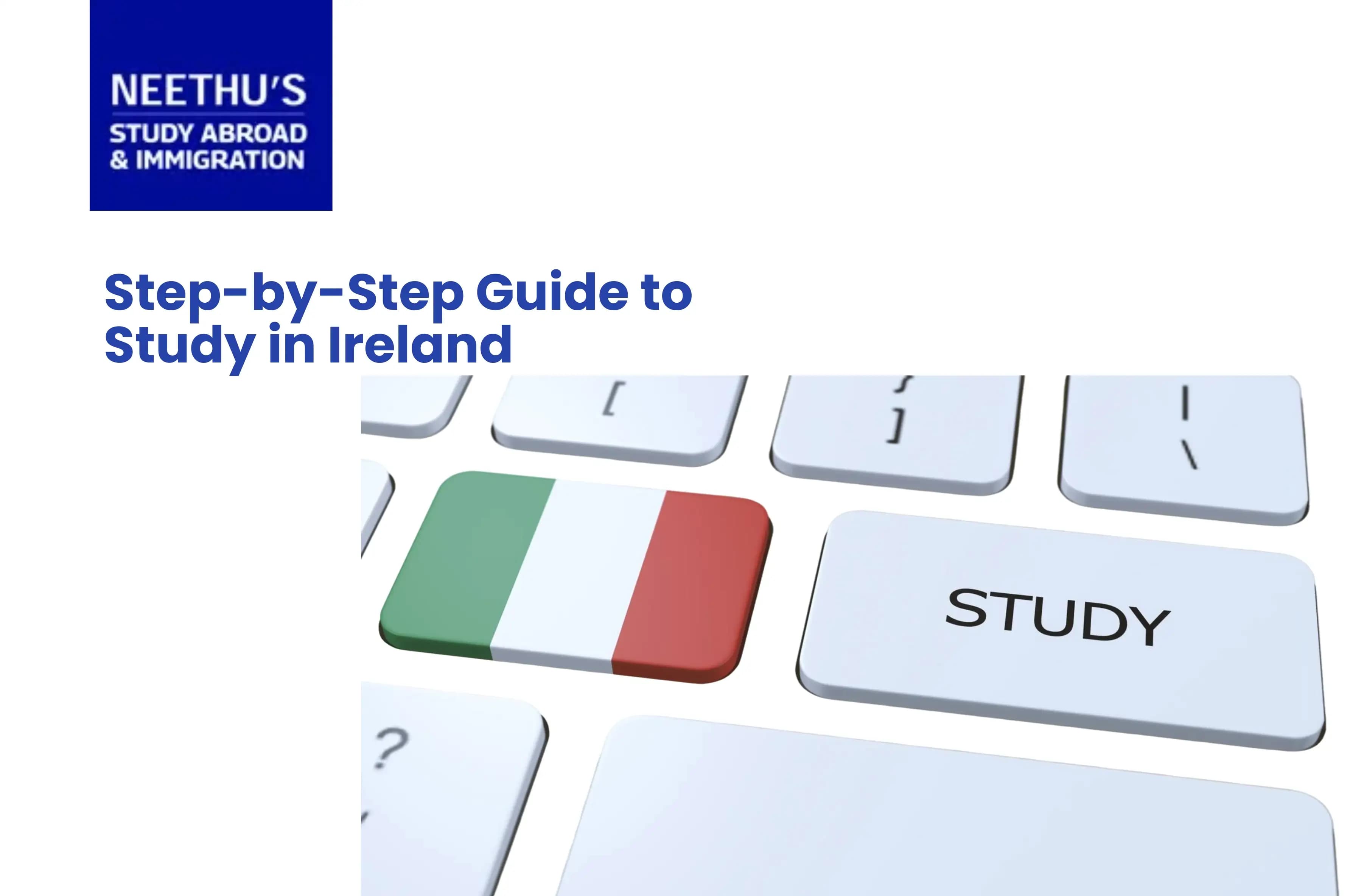



_12-06-2025_03-40-35%20PM.webp&w=3840&q=75)
